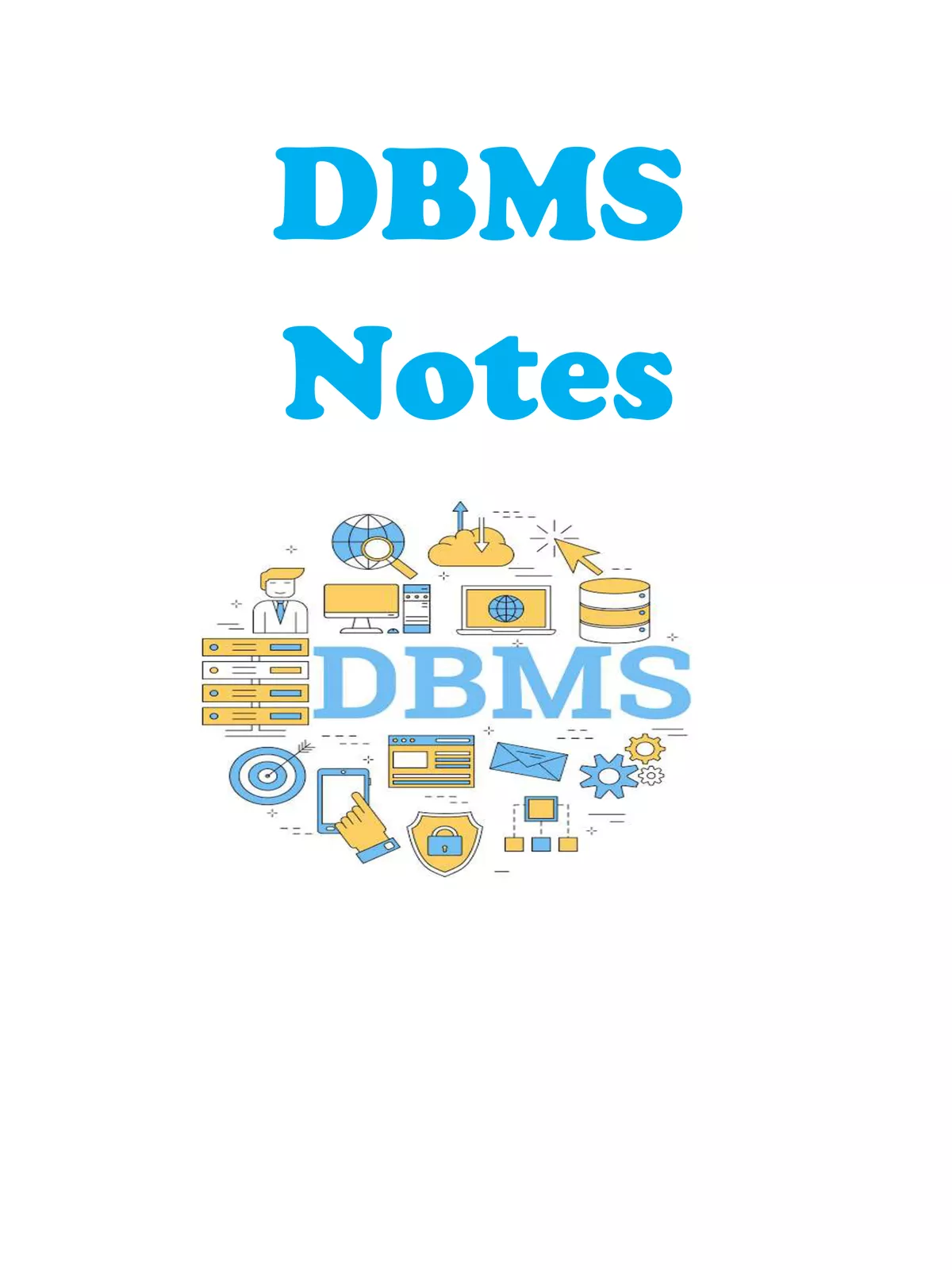DBMS Notes Database Management Systems - Summary
Looking for useful DBMS Notes? This article explains what Database Management Systems (DBMS) are and why they matter. A DBMS is a software helper that makes it easy for you to handle data stored in databases – storing records, finding what you need, and asking questions about the data. Think of it as the connection between you and the data.
Understanding What DBMS Is About
Database design is about organising data based on how information is stored and linked. The person designing the database decides what data to keep and how different pieces of information connect. After this design, the DBMS manages everything – handling the data, running the database engine, and building the database. This system makes sure your data is safe, accurate, lets many people use it at the same time, and makes sure everyone works with data the same way.
If you want a handy resource for learning, you can download the DBMS Notes PDF to keep this information with you.
Common DBMS Software Examples
There are many types of DBMS software used worldwide. Here are some popular ones you might know:
- MySQL
- Microsoft Access
- Oracle Database
- PostgreSQL
- dBASE
- FoxPro
- SQLite
- IBM DB2
- LibreOffice Base
- MariaDB
- Microsoft SQL Server
Different Types of DBMS
Database Management Systems come in different forms, mostly based on how they organise data. The four main types are:
- Hierarchical Database (like a tree structure)
- Network Database (more connected than hierarchical)
- Relational Database (using tables)
- Object-Oriented Database (using objects like in programming)
Where DBMS Is Used in Real Life
Database management systems are very useful in many places. They help keep things organised and easy to find. Here’s how they’re used in different industries:
| Sector | How DBMS Is Used |
|---|---|
| Banking | Keeping track of customer info, money coming in and going out, payments, and loans. |
| Airlines | Handling flight bookings and scheduling planes. |
| Universities | Managing student records, courses, class lists, and marks. |
| Telecommunication | Recording phone calls, sending monthly bills, and checking your balance. |
| Finance | Storing information about shares (stocks), prices, and money trades. |
| Sales | Saving customer details, products sold, and quantities. |
| Manufacturing | Managing how materials are bought and used, tracking product creation, and checking warehouse stock. |
| HR Management (Human Resources) | Keeping employee info safe, managing salaries, and making sure everyone gets paid on time. |
These examples show how important DBMS is for managing large amounts of data efficiently in 2025.
Remember, you can get detailed DBMS Notes by downloading the free DBMS Notes PDF available here to support your learning.
